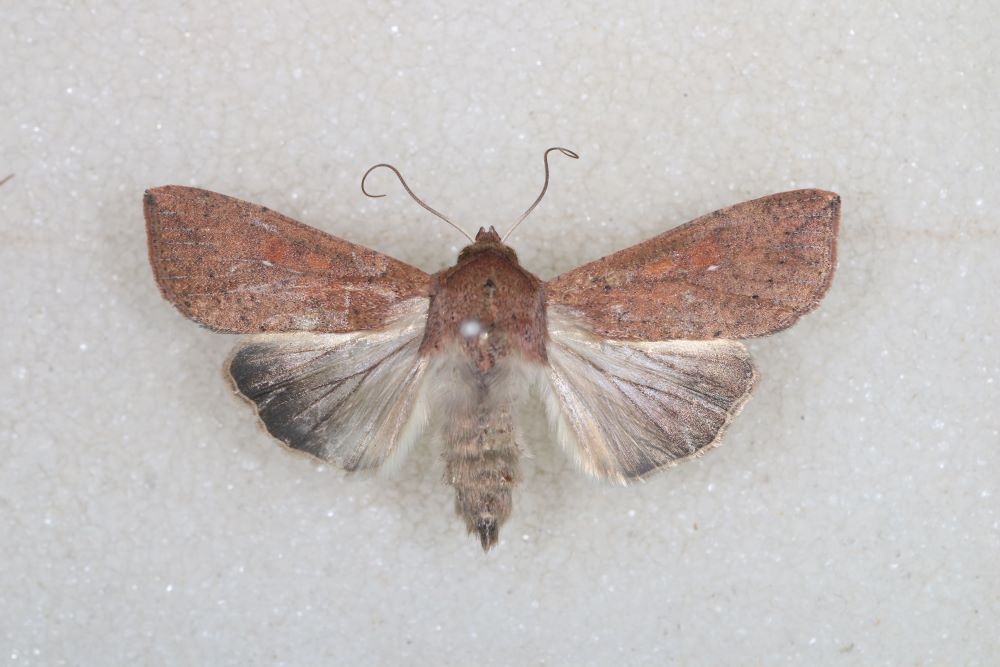Our research

Research is concentrated on crops grown under irrigation. Citrus and entomology trials are conducted at the Institute, with the citrus groves there used for pest ecology studies. Rice agronomy research takes place at both Yanco and Leeton Field station, a separate 242 hectare irrigation property located 7 km west of the Institute. Leeton Field Station is also used for cotton trials and crop rotation experiments involving a range of winter and summer crops. A hazelnut variety trial is also being conducted at Yanco. A dedicated Managed Environment Facility provides research services to scientists from a number of organisations working on the development of drought tolerance in wheat and other winter crops.
Current research includes:
Canola
The canola program at YAI aims to determine optimum plant types and canopy management for high yielding environments of southern NSW and establish a relationship between photothermal quotient and grain yield of canola.
Cotton trial
Cotton research focuses on crop protection issues including disease, pest and weed management, and also on optimising management procedures, particularly sowing timing. Cotton production in southern NSW has specific challenges, particularly in relation to the shorter growing season, so important trial work on refining management procedures, and particularly sowing timing, is also conducted. Cotton trials are generally conducted at Leeton Field Station.
Horticulture
Pest management in horticultural crops is currently a major focus, with projects currently examining red scale, citrus gall wasp and potential native insect vectors of exotic plant pathogens that threaten horticultural crops should they enter Australia. Projects are underway looking at the response of horticultural crops to climate change.
Pulses
The pulse program aims to identify which phenotypes are best adapted to southern NSW and characterise crop phenology for current faba bean and lentil genotypes.
Rice Agronomy
Minimising water use in irrigated crop production is a high priority research area both in good times and in drought, and a dedicated team of researchers focus their work on improving yields relative to the amount of water used. Techniques such as delayed permanent water combined with precise crop nutrition and short season varieties have made the NSW the most water-efficient rice producer in the world.
Rice Pest Management

Insect and snail pests cause significant issues for rice farmers, and Yanco researchers are developing an integrated pest management (IPM) program to help growers deal with these pests. IPM involves combining components of biological, cultural, and chemical control to provide the best crop protection outcome while reducing input costs and minimising the amount of pesticide entering the environment. The main pests currently being studied are armyworms, bloodworms and aquatic snails.
Hazelnuts
The hazelnut variety trial at Yanco was set up in 2012 to determine regional and varietal suitability for the potential expansion of the hazelnut industry into non‑traditional, semi-arid regions. Since the trees were planted recordings have been made of tree row volume, phenological observations, water and nutrient requirements, and the effects of tree architecture and microclimate on development. Initial investigations have also been made into the possible challenges and solutions to growing in a non‑traditional climate, such as excessive catkin drop between varieties and pollen viability. Now the trees are established and of bearing age, investigations of bud fruitfulness, fruit set, and crop yield and quality is ongoing. Future work includes studies into the presence and effect of pests and diseases in semi-arid regions.
Work with Us
Work with NSW DPI to maximise outcomes for primary industries.
Request for opportunity form